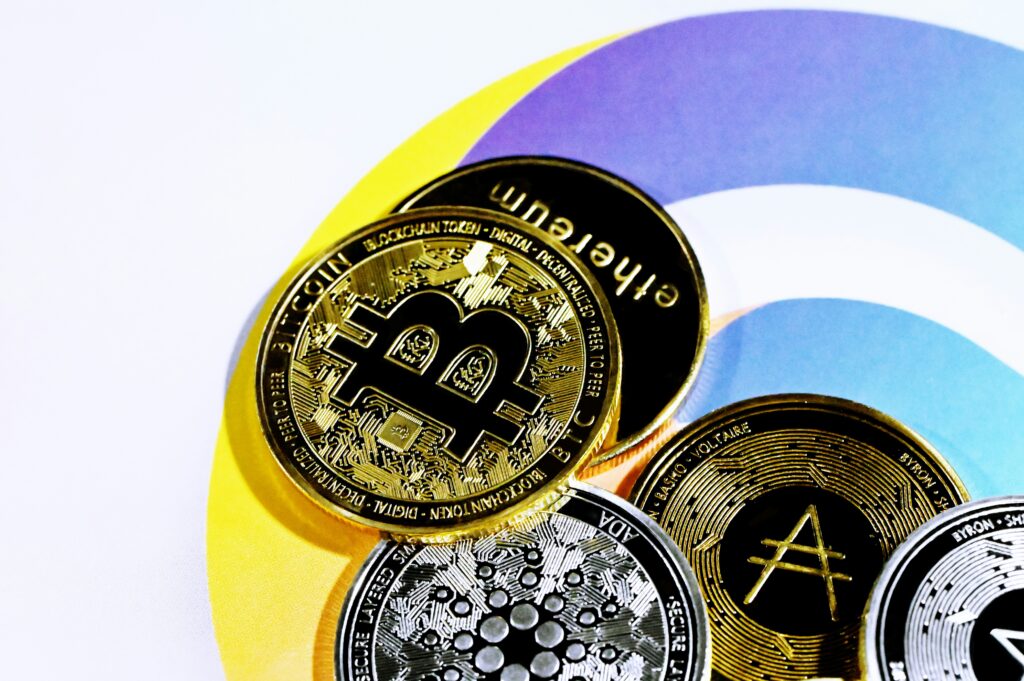Renowned cryptographer and cypherpunk Adam Back has voiced a contrarian view regarding the impact of quantum computing on Bitcoin. According to Back, instead of posing a threat, advancements in quantum technology are more likely to fortify Bitcoin’s resilience.
Bitcoin’s security relies heavily on cryptographic signatures that prevent unauthorized modifications to transactions. This mechanism, Back asserts, remains robust against quantum threats in the foreseeable future.
The discussion around quantum computing’s impact on Bitcoin reignited after Google Quantum AI unveiled its groundbreaking quantum chip, Willow. The chip completed a benchmark computation in under five minutes—a task that would take the world’s fastest supercomputer, Frontier, an estimated 10 septillion years. This extraordinary capability raised alarms within the crypto community about the potential risks quantum computers could pose to Bitcoin’s cryptographic integrity.
However, Back remains optimistic. He points out that humanity is far from achieving quantum computers with 1 million qubits—widely considered the threshold for significantly threatening current cryptographic standards. According to him, such advancements are unlikely within this decade or even the next.
Implications for Bitcoin Investors
While some worry that quantum computing could one day compromise Bitcoin’s foundational security, Back’s outlook suggests there is no immediate cause for concern. Instead, the crypto community should focus on ongoing advancements in cryptography, such as quantum-resistant algorithms, which could future-proof Bitcoin against such risks.
Investors pondering the long-term viability of Bitcoin may view these developments as an affirmation of its resilience. Bitcoin’s decentralized nature and adaptability to technological shifts continue to position it as a cornerstone of the digital economy.
This article is for informational purposes only and should not be considered financial advice. Always conduct your own research before making investment decisions.







